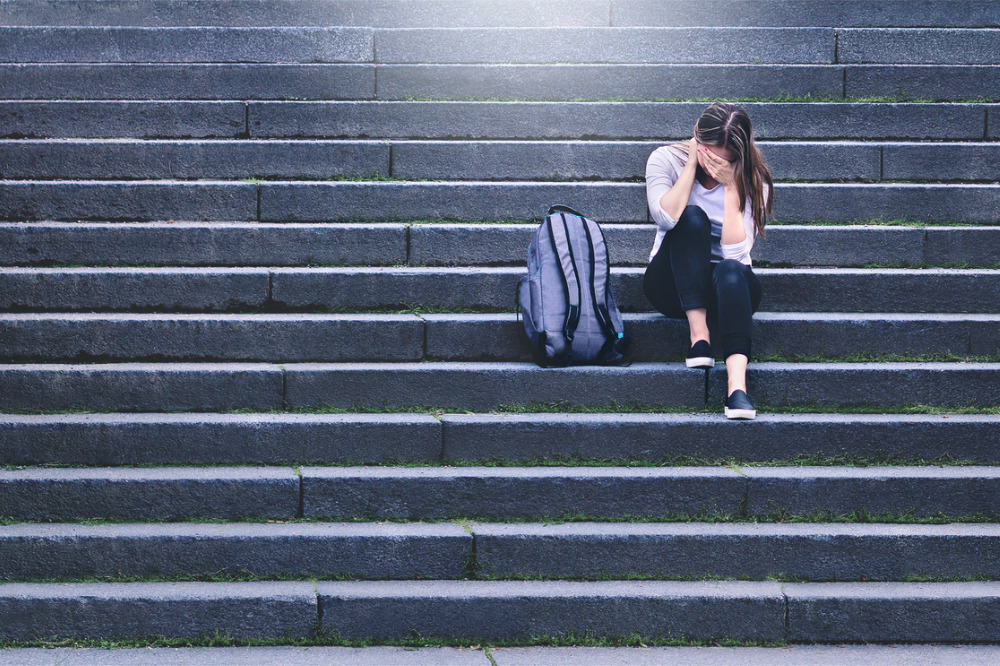
In August, a study found that both male and female students are at risk of sexual harassment in NSW high schools.
Now new research shows that gender diverse students feel significantly less safe than male and female students at school and other youth spaces.
The study, which was conducted by researchers from several universities and published in Children and Youth Services Review, looked at how safe female, male, and gender diverse youth aged 11-19 felt at school and in other youth spaces.
The researchers also examined how much each cohort trusted that adults would support them when they felt unsafe.
After comparing the responses of 27 male, 27 female, and 27 gender diverse youth, derived from a larger study of 1,400 young people, they found that while male and female youth felt about equally safe in the spaces they engaged with, gender diverse participants felt significantly less safe.
In contrast, gender diverse youth had more faith than did male and female youth that adults would be supportive if they felt unsafe because of sexually questionable behaviour from a male peer or adult.
“Gender diverse participants had less faith in organisations to help keep them safe,” lead author Douglas Russell of Australian Catholic University, said.
“Yet they were more likely than male and female students to show confidence that adults within these organisations would deal properly with instances of sexual harassment.”
One possible explanation for this apparent discrepancy, says Russell, could be to do with schools’ approach to gender diversity education.
“Given its setting and demographics, the school attended by 44% of the gender diverse participants was likely to have gender and sexuality diversity-affirming educational content,” he explained.
“This would include advice on how to seek help when faced with gender-based harassment and support of gender and sexuality diverse students. This may have provided more confidence to this group that adults would try to help.”
Students feel unsupported
In a wake-up call to schools, the participants of all genders were not very confident they would get the support they needed in cases of sexual harassment.
When asked to rate their agreement (1 being “strongly disagree” and 5 being “strongly agree”) with the statement: “Adults at my school would know what to do if I told them I was unsafe”, their responses averaged below 3.
In another sobering finding from the study, participants saw many barriers to seeking help, with many students expressing agreement with the statement that “adults don’t really care about young people in situations like this” or “wouldn’t know what to do”.
Gender diverse participants reported no significant difference from their peers in regard to the barriers they faced to seeking support.
“In terms of the specific needs of gender diverse young people, schools that seek to foster safe spaces are likely to benefit from the inclusion of affirming student clubs or societies that focus on the needs of this diverse population of young people”, co-author Professor Damien Riggs of Flinders University, said.
“Research has shown that the existence of such clubs or societies helps to reduce discrimination in schools, and hence foster a greater sense of school safety.”
Associate Professor Jacqueline Ullman of Western Sydney University, another co-author of the research, said the study should provide the impetus for professional development in this important area.
“Our results highlight that schools and other youth-serving organisations need to be aware that gender diverse young people are likely to have greater safety concerns, and points to the importance of inclusive pre-service training of adults working with youth populations”.


